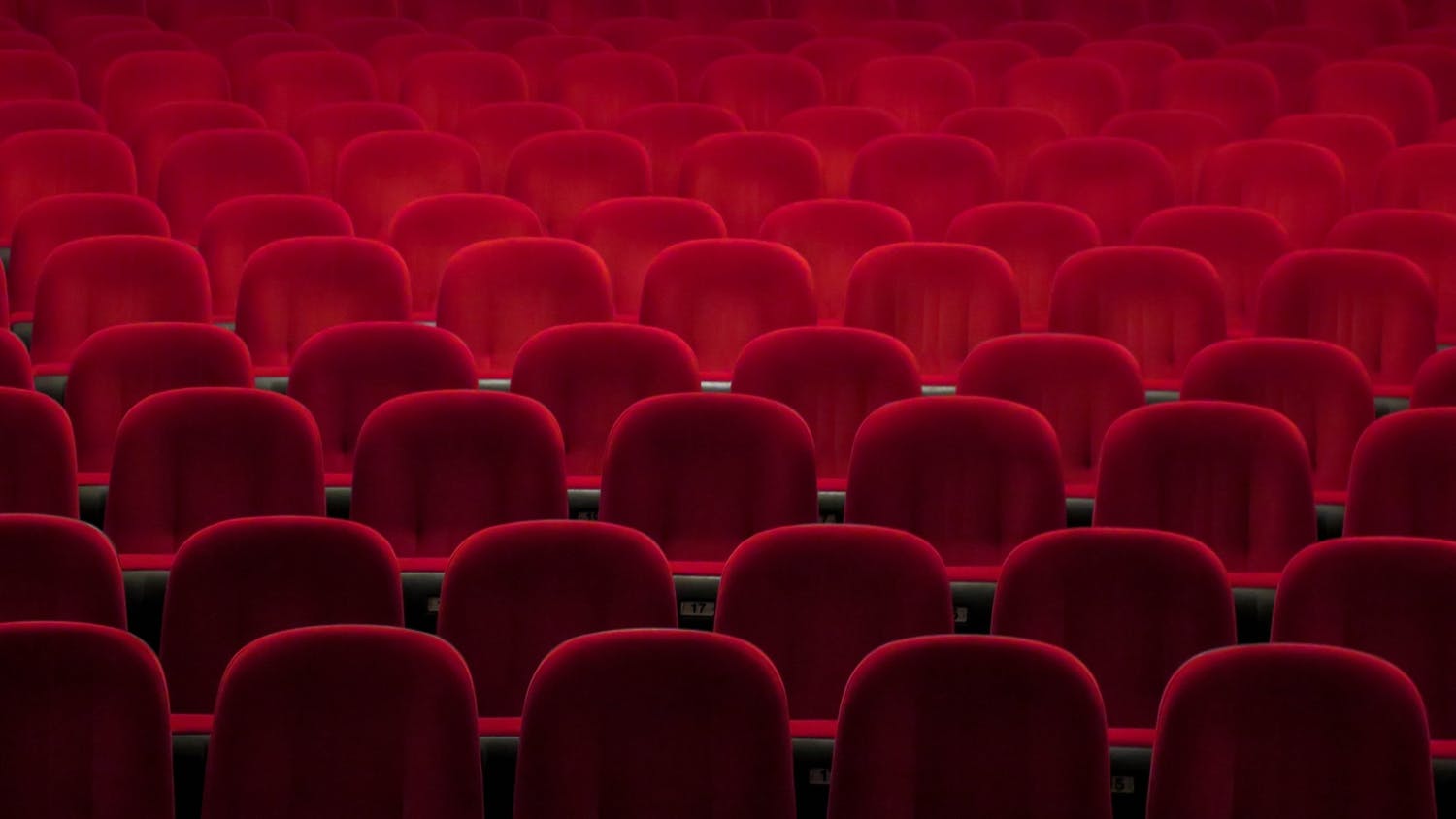Minimalism is about getting rid of the things that don’t add value to your life: things that get in the way of your space, cause you depression or discontent, remind you of difficult memories or that you just don’t care about anymore.
Thanks to social media, we can more easily compare our lives to other people which could make us feel inadequate in our own lives. We are preoccupied with unachievable goals of material happiness that we believe can be filled with things such as bigger houses, faster cars and more designer clothes.
Many companies like to capitalize on our discontent, and ads are forced down our throats telling us that if we buy this thing, we will achieve happiness. Thanks to online shopping, it is easier than ever to obtain the things we want without much wait, yet there is no one material possession that will grant you happiness. We constantly compare ourselves to others, and as long as we do that, we will never be satisfied with what we have.
Both Ryan Fields Millburn and Joshua Nicodemus discuss their upbringings and how they discovered minimalism in the documentary “The Minimalist: Less is Now." They both grew up poor, living in houses filled with stuff that was unintentionally hoarded because they couldn't say no to the things they were offered–even if they held no value.
Over the years, they both landed corporate jobs and could afford the luxury lifestyles they dreamed of as kids, but after acquiring all these nice things, they constantly felt the need to acquire more to keep up appearances. Joshua even described his financial troubles as he spiraled into credit card debt to keep up with a lifestyle that he couldn't afford to keep. They realized that these “things” were not actually bringing them happiness, and Joshua was the first of the two to begin a life toward minimalism. He started with getting rid of one thing on the first day of the month, then two on the second, three on the third and so on to gain momentum. Once he had decluttered, he was able to rethink his relationship with his things and value the stuff he kept in his home, now more aware of the value they added. Soon after, Ryan joined the trend.
This documentary is filled with testimonials of people who suffered from compulsive shopping and found peace in their lives through minimalism. They believed that there was a way to buy their way to happiness, yet obtaining more material possessions only led to more stress in their lives. With minimalism, they felt freer and like they could focus on the more important things, such as their family, community and loved ones.
My rating of this documentary is a definitive 9 out of 10. It provides great motivation to try to declutter your material possessions. I first discovered minimalism after watching Joshua and Ryan’s first documentary "Minimalism: A Documentary About the Important Things" back in my sophomore-year English class. This documentary encourages me to continue with a simpler life and should encourage everyone to rethink the things that hold value in our lives, even if it doesn't lead you to become a minimalist. If you watch this documentary and still crave to know more about minimalism, I highly recommend watching Joshua and Ryan’s ad-free podcast "The Minimalists" wherever you get your podcasts.










